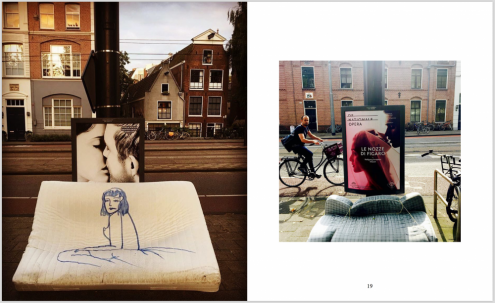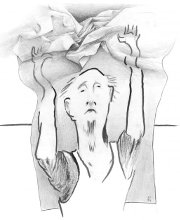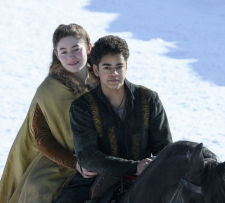 On 20 March 2020, Netflix will start running its mini-series The Letter for the King based on the 1962 children’s book of the same name by Tonke Dragt.
On 20 March 2020, Netflix will start running its mini-series The Letter for the King based on the 1962 children’s book of the same name by Tonke Dragt.
Set in the middle ages, knight-in-training Tiuri is tasked by a stranger to deliver a letter to the king and save the world in the process. The adventure spans six episodes. Dragt wrote a sequel to her book, The Secrets of the Wild Wood, so who knows? If this series does well, they might commission another.
According to an interview with Dragt in Trouw last year, this is the first Dutch book that is being turned into an international series by Netflix. Dragt, now 89:
I immediately said no to a couple of [changes Netflix had planned]. No torture! They wanted to remove shield-bearer Piak from the story but I said: Piak stays. And they wanted to make Tiuri’s background more interesting, but I was against that—he is a regular boy. Children must be able to think: that could happen to me. Will I keep the promise [to deliver the letter]?
I had never heard of [Netflix]. So now I need to stay alive for a little while longer, until I have seen at least the first episode. Will it be good or disappointing? I will decide then if I will watch more of it.
Dragt’s stories often revolve around dualities, about finding that crack in the middle to slip through. Tiuri gets the tough choice: do I follow the formal steps that will get me knighted or do I throw that all away so that I can behave knightly?
In De Zevensprong, a so-called seven-way junction is the starting point for a mystery: there are only six roads. The book plays with the notion that a fork in the road is where a single road splits in two—or are they three roads meeting? The duality must be resolved to find the key to the mystery.
And Dragt’s The Towers of February posits that today, Leap Day, is the only time you can slip between realities.
See also: The Dutch like Dutch children’s literature the best
(Illustration: Netflix)

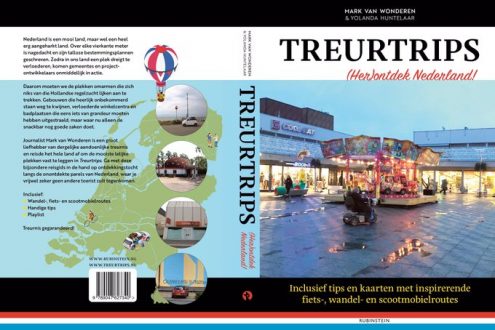
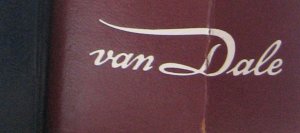

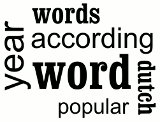 ‘Blokkeerfries’ has won the Dutch Word of the Year 2018, followed by ‘yogasnuiver’ (‘yoga sniffer’) and ‘mangomoment’ (‘mango moment’) in third place.
‘Blokkeerfries’ has won the Dutch Word of the Year 2018, followed by ‘yogasnuiver’ (‘yoga sniffer’) and ‘mangomoment’ (‘mango moment’) in third place.
